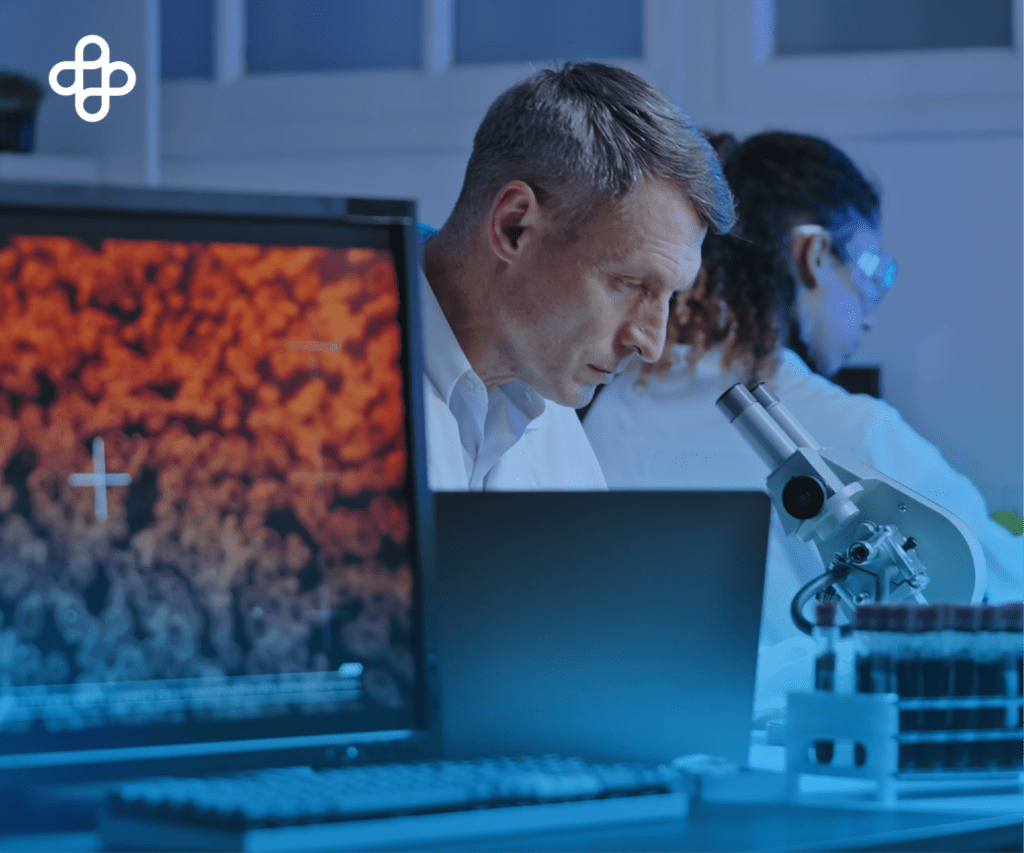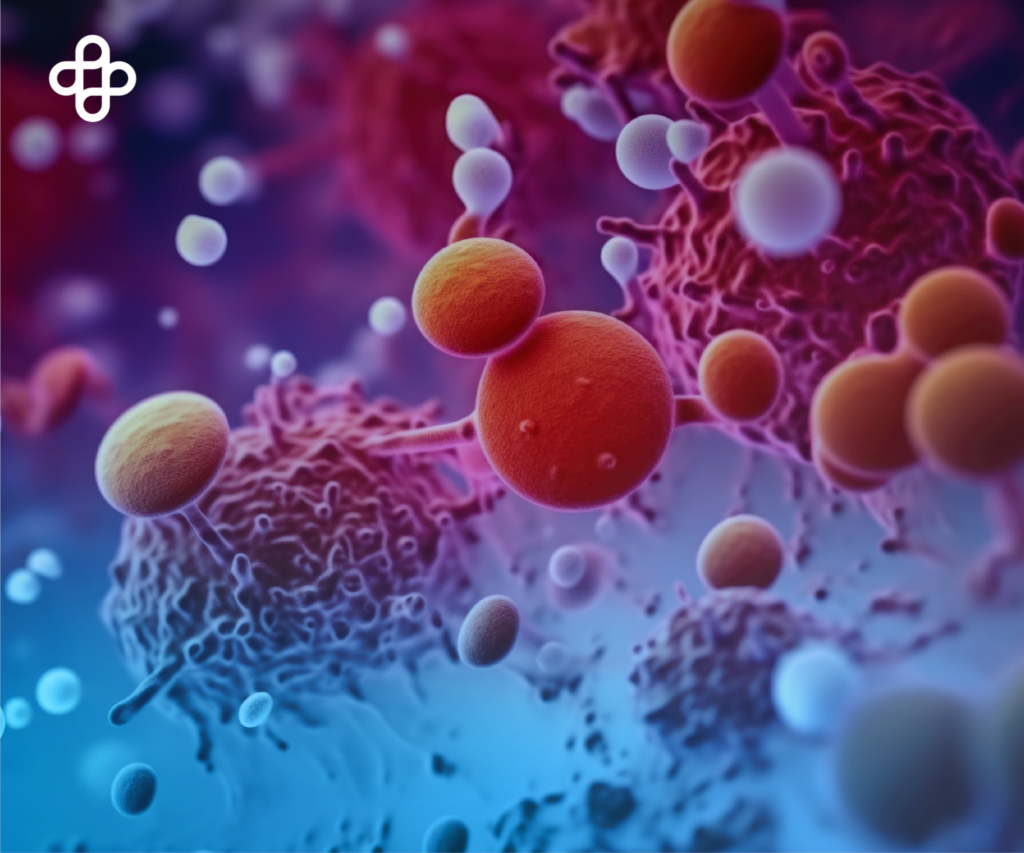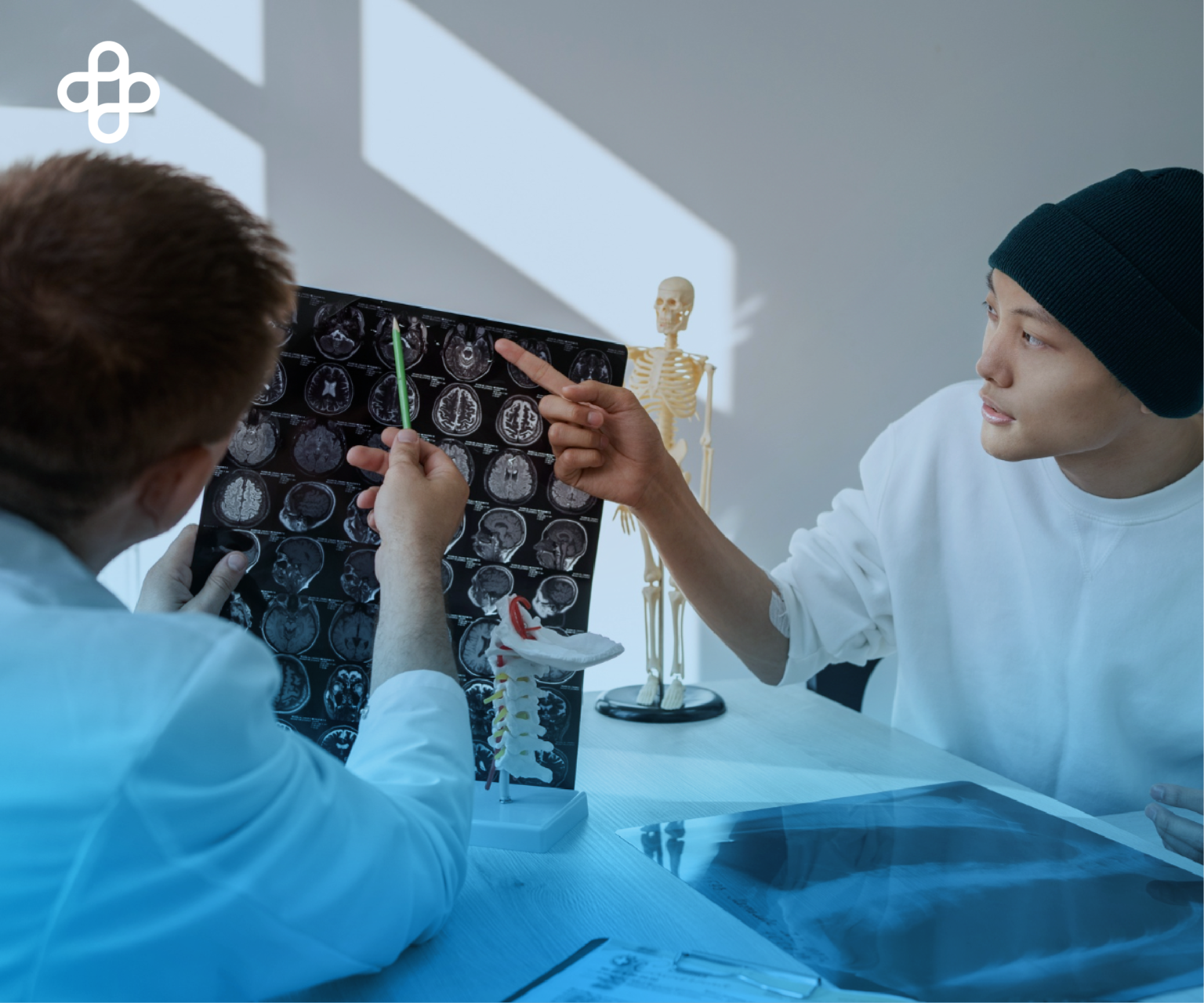Cancer is a disease in which some cells in the body grow uncontrollably and spread to other parts of the body. According to the National Cancer Institute (NCI), this occurs when damaged or abnormal cells continue to divide instead of dying and being replaced by new, healthy cells.
How Does Cancer Start?
Cancer can begin in any part of the human body, consisting of trillions of cells. Under normal conditions, cells grow, divide, and die in a controlled process. However, when this process is disrupted, abnormal cells multiply uncontrollably, sometimes forming tumors, which can be:
- Benign tumors: These do not spread to nearby tissues. While they are usually harmless, some can be life-threatening depending on their location, such as in the brain.
- Malignant tumors: These grow uncontrollably and invade surrounding tissues. They can also travel to other body parts via the bloodstream or lymphatic system in a process called metastasis.
Some cancers, like leukemia, do not form solid tumors but instead affect blood cell production and function.

Differences Between Cancer Cells and Normal Cells
Cancer cells differ from normal cells in several ways:
- They multiply without receiving growth signals.
- They ignore signals instructing them to stop growing or undergo programmed cell death (apoptosis).
- They invade nearby tissues and spread to other areas of the body.
- They stimulate the growth of blood vessels (angiogenesis) to supply nutrients to tumors.
- They evade or manipulate the immune system to protect the cancer instead of attacking it.
- They undergo significant genetic changes, such as duplications or deletions in chromosomes.
- They rely on different nutrients than normal cells and generate energy uniquely, allowing them to multiply much faster.
Since cancer cells depend on these abnormal behaviors to survive, researchers have developed targeted therapies that block these processes. For example, some cancer treatments prevent blood vessels from growing toward tumors, starving them of nutrients.

How Does Cancer Develop?
Cancer is a genetic disease caused by gene mutations that regulate cell division and function. These genetic changes can occur due to:
- Errors in cell division lead to accidental mutations.
- Exposure to carcinogens, such as chemicals in tobacco smoke or ultraviolet (UV) radiation from the sun.
- Hereditary factors, where mutations are passed from parents to children.
The human body has mechanisms to repair damaged DNA or eliminate defective cells before they become cancerous. However, as people age, these defense systems weaken, which is why cancer risk increases with age.
Each cancer case is unique due to the combination of genetic mutations involved. As cancer progresses, additional genetic changes may develop, making treatment more challenging.
Visit our article Stem Cells for Cancer: Understanding the Future of Treatment.




